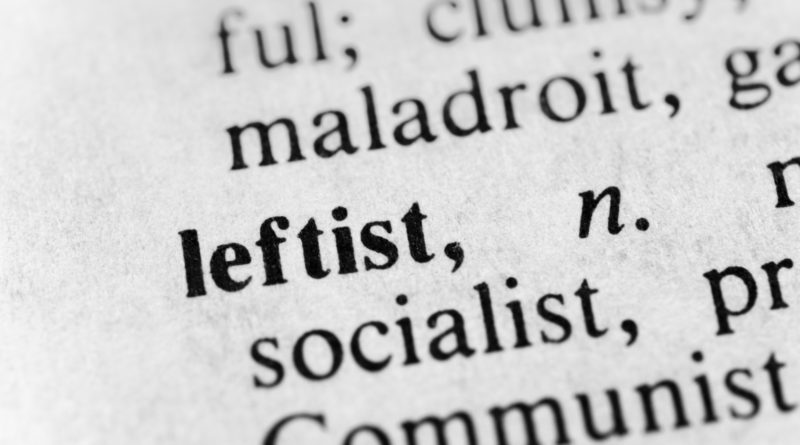Are The Two Leftmost Presidential Candidates Dividing Voters?
6,782 total views, 1 views today
Last week, both Elizabeth Warren and Bernie Sanders – widely considered to be the two leftmost of the candidates for the 2020 Democratic presidential nominations – made campaign stops in Iowa, a longtime crucial battleground state. As part of the Iowa State Fair, both candidates delivered speeches to devoted followers who are all but certain to vote for one of them come primary time. Many voters came prepared with large signs and candidate chants, and reporters noted that the candidates’ crowds were as passionate as any in recent history.
However, some on the far left are wondering: Are Sanders and Warren dividing leftist votes, in turn giving centrist Democrats an outsize influence on this year’s primary vote?
If the progressive left has two beloved candidates between which to decide, the faction’s vote could be split in such a way that a decidedly centrist Democratic candidate, particularly Joe Biden, could easily walk away with the presidential nomination. Such an outcome would achieve precisely the opposite of what leftists would hope for in supporting either Sanders or Warren: A presidential nominee passionate about universal healthcare, minimum wage hikes, and anti-corporate, anti-Wall Street legislation.
Some see Iowa as a great testing ground for this notion. The state will be the first in which citizens can cast primary votes when it opens polls in February 2020. In the six months between now and then, the progressive left may need to determine whether uniting both candidates’ followers behind one candidate may be better for its agenda than promoting both. Currently, the majority of early polls place Biden first among potential Democratic candidates, with either Sanders or Warren in second. It thus may stand to reason that combining giving all votes for either Sanders or Warren to the other could more easily allow one progressive candidate to compete with Biden.
According to the Progressive Change Campaign Committee (PCCC), a political advocacy group that has endorsed Warren, the fact that Sanders and Warren have polled so strongly is helping to push the Democratic Party to the left. Similarly to how the PCCC credits both candidates with this change despite only endorsing Warren, both Warren and Sanders have continued to insist that they are allies rather than competitors. Even in the face of centrist opinions that both candidates’ radical leftist ideas could soundly hand the 2020 election to Donald Trump, both have refused to malign each other or step back on their shared values.
The two candidates’ campaigns have taken notice of where both centrist and progressive Democratic voters’ interests lie. One month before the Iowa State Fair, Sanders’ campaign team revised the candidate’s strategy after noting that he failed to properly compete with Biden in the recent Democratic debates. Sanders is thus pushing forward with an even stronger focus on the Medicare For All platform on which he has long rested.
Despite his team’s urgency to renovate his campaign’s focus, Sanders remains the most popular Democratic candidate as donations go, with $36 million raised among nearly 900,000 individuals. Warren’s fundraising is not far behind Sanders’ pacing, with roughly $19 million raised in merely three months.

